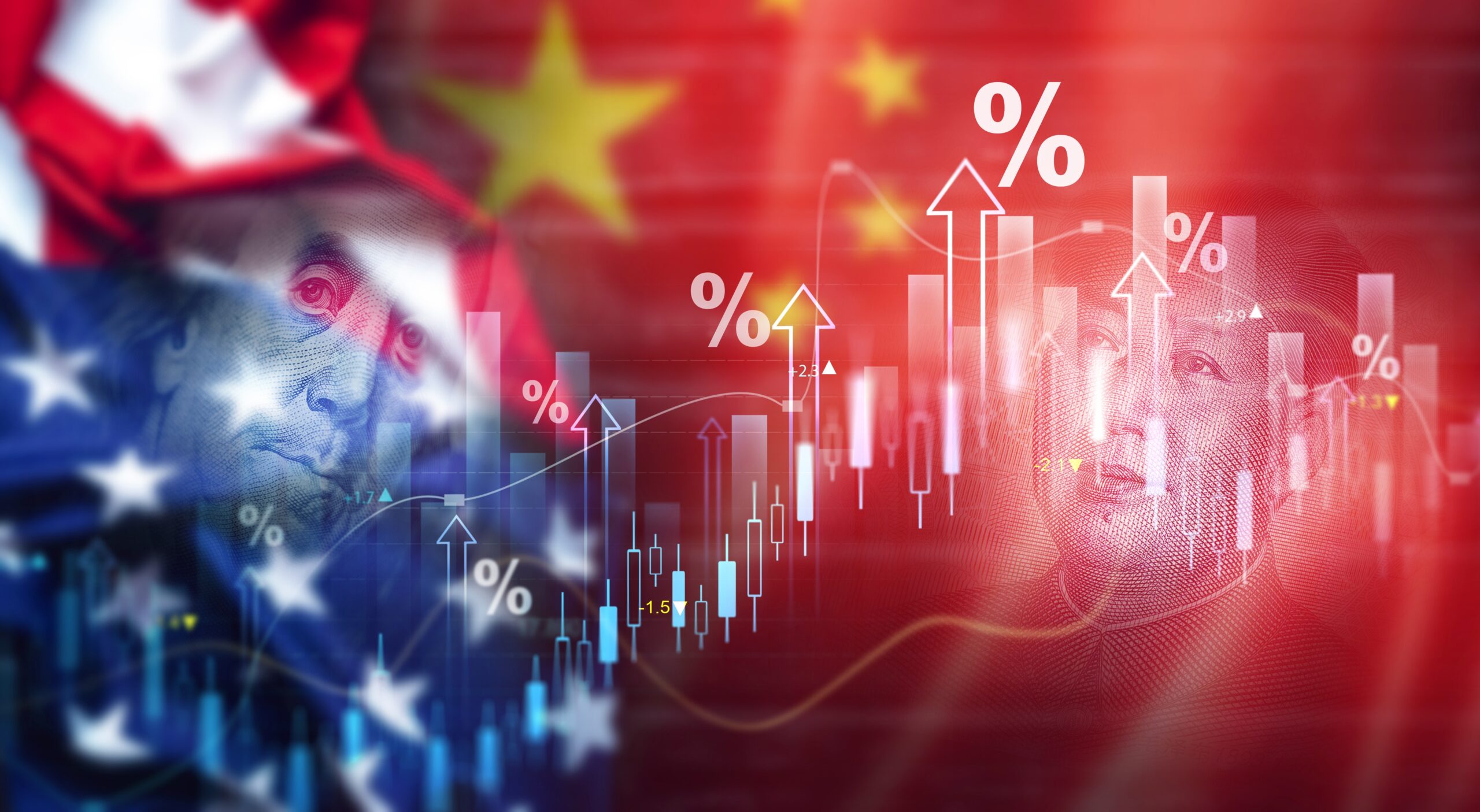
Over the past month, the US President has begun what he cited as the “Day of Liberation for the American Economy”, which has been identified by imposing mutual tariffs on countries that maintain the surplus of trade with the United States. The president claims that these countries have abused the US economy and need a strong response.
Also Read: Updating US -China Business War: What Jobs To Know
This “great American struggle” aims to return the US position as a global superpower, following what the government considers to be under the presidency of Biden. The United States wishes to become a global production center and produce goods for global distribution.
However, there are questions about the feasibility of this goal. With the increasing influence of China and the United States, which faces its economic challenges, the final resolution of this trade war is unclear.
According to the Guardian, Chinese official data suggest a significant stagnation that the total electronic transport to the United States decreases 65 percent in the first three months of the year. This decrease shows that Chinese companies are trying to maintain their sales to the United States by increasing tariffs, leading to a decrease in e -commerce and potential losses in the production and logistics sectors.
On the contrary, recent job reports from the United States show a flexible labor market that 177,000 jobs were added in April despite the continuous trade war with China. This indicates that employers’ confidence and recruitment activities continue to contradict the challenges facing Chinese factories.
The effectiveness and justification of Trump’s tariffs is the subject of the discussion. With the collection of nearly $ 70 billion through tariffs, including $ 15 billion in April, there are signs showing that these measures generate income.
China’s economic challenges are increasingly revealed by concern about real estate sector, poor consumer costs, elderly populations, and economic lack of confidence. On May 2, a spokesman for the Chinese Ministry of Commerce announced that Beijing is considering the possibility of tariff negotiations with the United States.
Among the rumors of possible recession, trade tensions between the two major economies of the world are on the rise, with the United States impose US tariffs of up to 245 % on Chinese goods. This situation creates important challenges for China, which relies heavily on export to the US market.
The US Treasury Secretary has described China’s tariffs unstable, and the US president has expressed explicitly for a fair deal to treat China “very beautiful”. At the same time, China plans to present a picture of the United States of power and resistance, however, they are quietly exempted from 131 American products, as reported by Reuters.
However, the United States also has significant consequences, especially for farmers affiliated with Chinese export. According to Al Jazeera, US soybean sales have fallen by 50 % compared to the previous week, resulting from a 67 percent reduction in soybean weekly exports to China.
In addition, US energy companies may fight for tariffs imposed by China. The United States exports about $ 15 billion in oil, gas and coal to China annually, and losing this market will have a negative impact on these firms.
During a meeting with President Trump, Valmart’s retail giants and the target warned that his tariff policy could lead to empty shelves or higher prices for consumers. However, President Trump is steadfast in his condemnation and is committed to securing a fair deal with China.
He wants to accept possible economic problems for Americans in achieving this goal. However, the question remains whether this strategy will ultimately be successful.
The United States and China maintain significant trade participation, and the United States imported $ 438.9 billion in Chinese goods last year. This close economic relationship indicates a deep dependency between the two countries.
The United States may also seek to establish strategic relationships with India, which is eager to become a main partner. The US Vice President recently met with the Prime Minister of India Modi and there have been rumors of a potential trade agreement between the two countries, which could make significant progress.
China may be concerned about the emergence of India and a positive relationship between its prime minister and the US president. We will continue to monitor this situation closely.
In this trade war, it is unclear who will win, or even a real winner. However, there is a widespread consensus that China must adhere to international law, and many have long been demanding more business relations. Some see the current situation as a necessary position against China, led by an American leader.
President Trump has four years to solve the issue, and the midterm elections ended in two years. While Shi Jinping does not face electoral concerns, he must deal with the potential for economic weakness to stimulate riots and unrest in China.
We will continue to monitor developments in this continuous trade war.